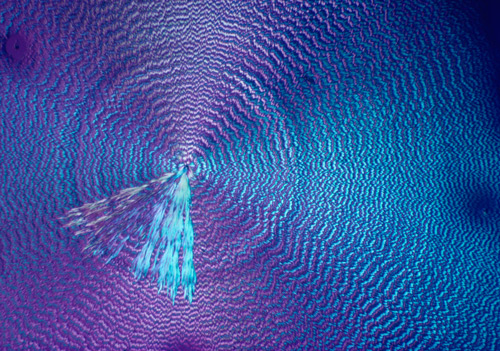 L-Arginine (α-Amino-δ-Guanidine valerian acid; abbreviated form: Arg) is the most basic amino acid with four nitrogen atoms. They were extracted for the first time in 1886 by the two chemists Ernst Schulze (1840-1912) and Ernst Steiger from lupin germ buds. L-Arginine is a proteinogenic amino acid and as such is a component of almost all proteins with a share of 3-15 %. It is just as widespread in the active natural world as it is in foods. Nuts, fish and soya products are particularly rich in L-Arginine; in contrast, grains and milk products contain very minimal quantities. In terms of nutritional physiology, L-Arginine is one of the semi-essential amino acids. From a biomedical perspective, L-arginine is one of the most interesting amino acids, which attracts a high level of attention.
L-Arginine (α-Amino-δ-Guanidine valerian acid; abbreviated form: Arg) is the most basic amino acid with four nitrogen atoms. They were extracted for the first time in 1886 by the two chemists Ernst Schulze (1840-1912) and Ernst Steiger from lupin germ buds. L-Arginine is a proteinogenic amino acid and as such is a component of almost all proteins with a share of 3-15 %. It is just as widespread in the active natural world as it is in foods. Nuts, fish and soya products are particularly rich in L-Arginine; in contrast, grains and milk products contain very minimal quantities. In terms of nutritional physiology, L-Arginine is one of the semi-essential amino acids. From a biomedical perspective, L-arginine is one of the most interesting amino acids, which attracts a high level of attention.
Functions of L-Arginine
L-Arginine fulfils a wide range of functions in the body. The most important and best studied effects include:
- Protein building block. L-Arginine is involved as a structural element in the build up of virtually all of the body's own proteins.
- Formation of nitric oxide (NO). L-Arginine is the natural precursor of the gaseous molecule NO. This works like a biological signalling substance within the body.
- Precursor of glucose. L-Arginine can be converted into glucose when required. The natural substance is therefore one of the glucoplastic amino acids.
Useful information.
- L-Arginine can be formed by the human body under normal metabolic conditions in the required quantity. On average, 10-15 % of the body's requirement of arginine stems from its own synthesis; the rest comes from the breaking down of the body's own proteins and to a lesser extent from food.
- With a normal balanced diet, an average of 4 g of L-arginine is absorbed each day. Around 25 % of the population absorb significantly lower quantities of 2,6 g per day.
Information on production technology
- INTERCELL Pharma has a specially developed filing technology. This enables a particularly high quantity of 850 mg of L-Arginine to be contained within a 00 sized capsule.
© Intercell Pharma GmbH



